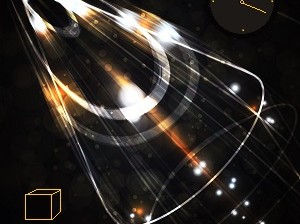Tag Archives: consciousness
04 Jul Cognitive Multi-Processing

Joe Roushar – July 2017 Divide and Conquer Swarm computing applications, with large numbers of autonomous agents are beginning to appear and deliver stunning results. The combination of autonomy, simple tasks and parallelism has great power. Today I’ll address parallel computing and models for breaking down computational problems. I will not address the question of autonomy today, […]
31 Jul Modeling Non-Random Synaptic Links
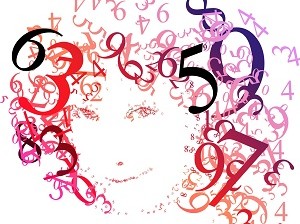
I have discussed the different meanings of “random” in “The Random Hamlet” and “That’s so Random!” in which the mathematical definition presumes there is some not yet known law that governs the phenomenon, where other definitions suggest that randomness means that the phenomenon is not governed by any law. Remember our reference to Rosenblatt’s early contributions in […]
28 Jul Patterns in the Mind
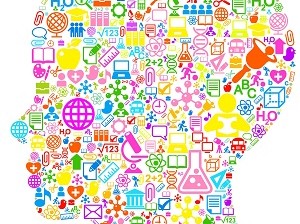
As we look for suitable solution designs for representing the knowledge and processes we humans use to communicate, we realize that we have no idea what knowledge in the brain looks like. Further, we only have relatively vague ideas about the processes that occur in the brain as we produce and comprehend words, phrases and sentences. […]
15 Jul From Perception and Learning to Logic
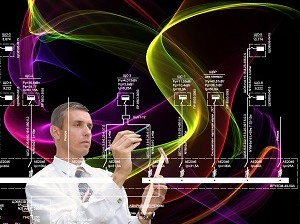
Perception and Learning I am not a cognitive scientist, so all I have said in this section is based on the work of others. On the other hand, I have probably spent more time seriously studying cognition than most computer geeks, and I have tried to form my perspectives around the best of our knowledge. The […]
08 May Three-Dimensional Model of Language
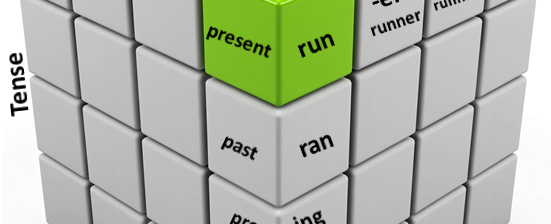
Topographical maps of concepts in a text provide useful views of language. Fortuna et al in Semantic Knowledge Management (pp. 155-169) describe how three-dimensional topic maps can both give meaningful insights into clusters of related content, such as news stories or published papers. I have frequently stressed the importance of concept associations in the brain, in cognitive […]
16 Apr From Concept to Communication

Yorrick’s First Concepts A conceptually structured model of learning might suggest that Yorrick, or any other human, first acquires concepts, and later, a vehicle for communicating concepts: language. During Yorrick’s early development, his concepts are linked entirely to physical sensations and perceptions: hunger, soreness, the sucking instinct, and the like. One of the first discoveries […]
02 Apr Context and Expectations

Expectations are context based, top-down ideas of what comes next. These top-down ideas feed perceptual processing centers in the brain, helping us focus on what matters, ,and sometimes blinding us to other possibilities. The two types of context we will consider today are sensory and non-sensory. Sensory context applies to anything in the physical world […]






